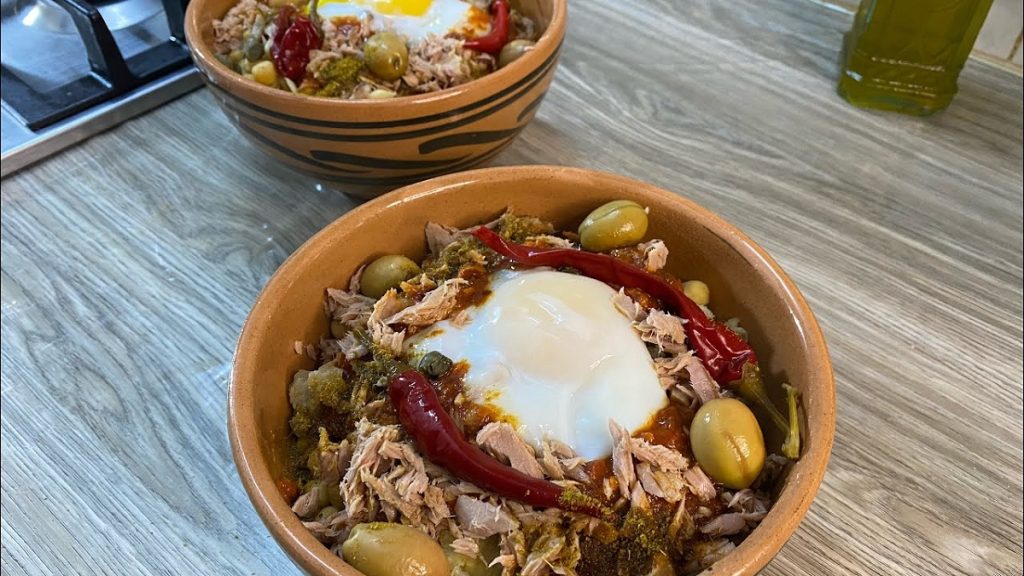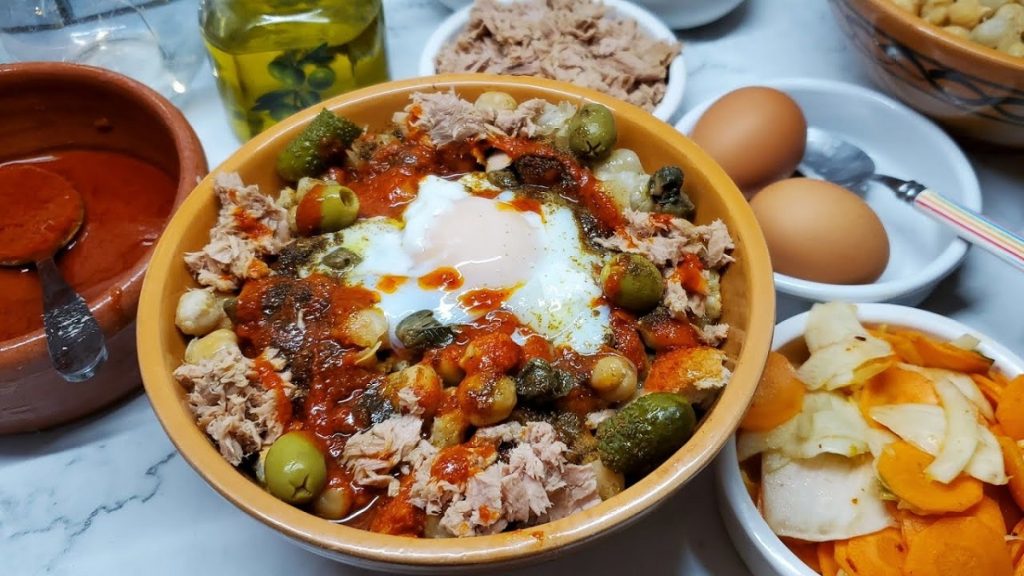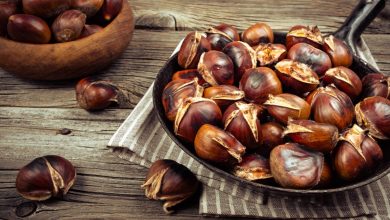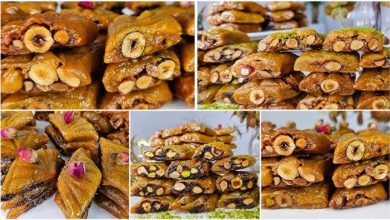Lablabi: Tunisia’s Humble Yet Flavorful Chickpea Stew
A spicy, hearty, and budget-friendly dish, Lablabi is one of Tunisia’s most iconic street foods—deeply rooted in working-class culture and enjoyed across all social classes.
Lablabi is a traditional Tunisian chickpea stew, known for its simplicity, bold flavors, and deep cultural roots. Often considered a working-class staple, lablabi has transcended social boundaries and is now a national favorite, served everywhere from street-side carts to high-end Tunisian restaurants.
Ingredients & Flavor Profile
At its core, lablabi is made from boiled chickpeas (garbanzo beans) in a spiced broth infused with:
-
Garlic
-
Cumin
-
Olive oil
-
Vinegar or lemon juice
-
Harissa (a Tunisian chili paste)
What sets lablabi apart is its base of torn or cubed stale bread, which is placed at the bottom of the bowl and soaked with the hot broth and chickpeas. This gives the dish a thick, hearty consistency.
Toppings are customizable and may include:
-
A soft-boiled or poached egg
-
Tuna (canned in oil)
-
Capers
-
Olives
-
Preserved lemons
-
Parsley or cilantro
-
A final drizzle of olive oil
Some versions even add pickled vegetables or cheese, especially in urban areas where lablabi has become a fusion dish.

When and How Is It Eaten?
Lablabi is commonly eaten as:
-
Breakfast during cold winter mornings
-
A late-night meal after social gatherings or parties
-
A hangover cure, popular among university students and nightlife goers
It’s typically served in ceramic bowls or plastic containers, and you’ll often see people customizing their own bowl right at the counter.
Cultural Significance
In Tunisia, lablabi is more than food—it’s a cultural expression of modesty, comfort, and local identity. Its affordability and ease of preparation have made it a symbol of Tunisia’s street food scene. In fact, it reflects the Mediterranean frugality: nothing is wasted, not even stale bread.
In recent years, lablabi has gained popularity among tourists and food bloggers as one of Tunisia’s must-try dishes, praised for its flavor depth and nutritional value.

Fun Fact:
The name “lablabi” is believed to derive from the Turkish word “leblebi,” meaning roasted chickpeas—a nod to Tunisia’s Ottoman-era influences.
Lablabi is more than just a dish—it’s an experience. With its roots in Tunisian street food culture, it represents warmth, flavor, and history in a single, steaming bowl. Whether you’re visiting Tunisia or cooking at home, lablabi offers a taste of authenticity, community, and tradition.



